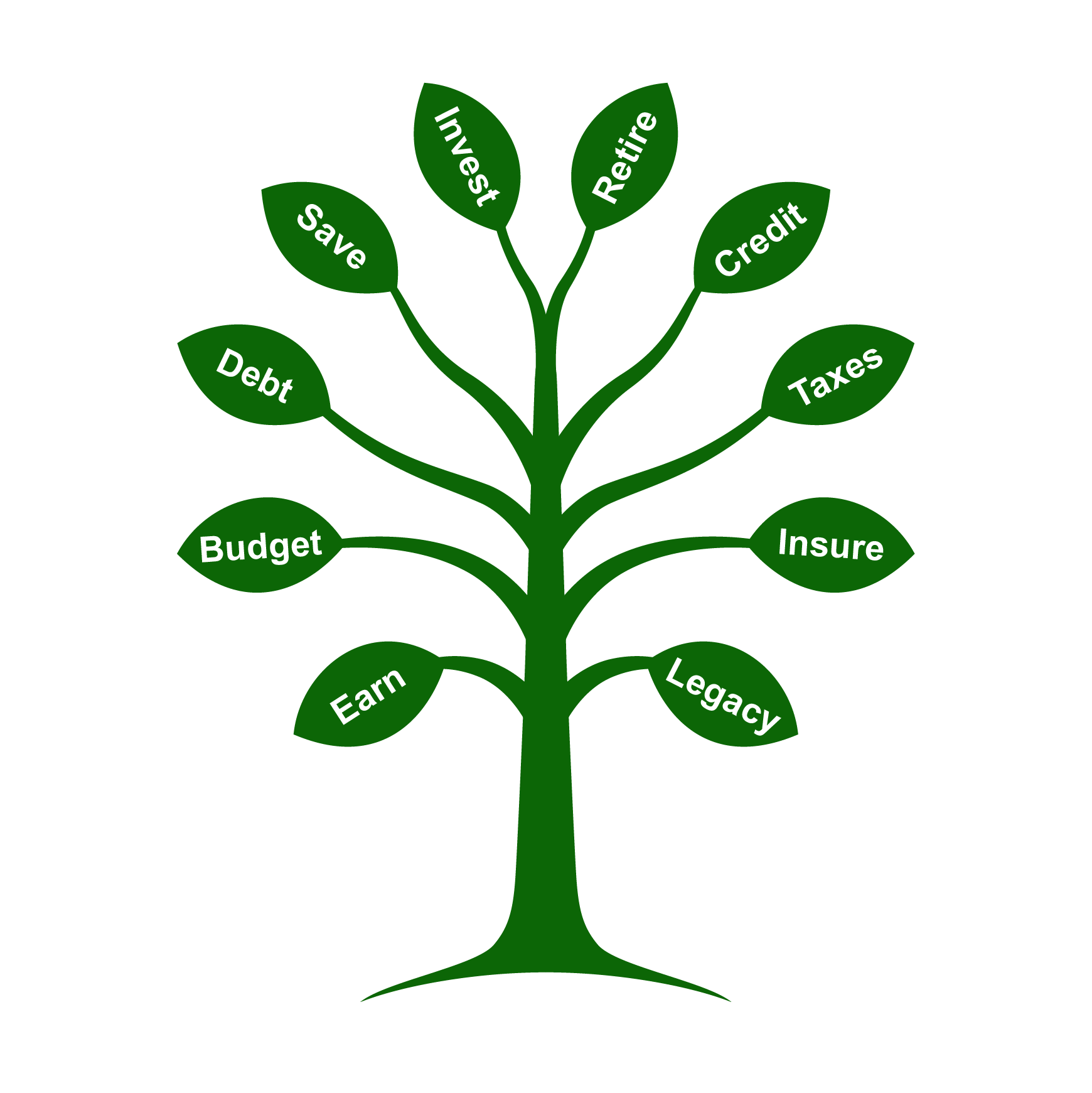Do I Really Need to Make a Budget?

“The budget is not just a collection of numbers, but an expression of our values and aspirations.”
— Jack Lew
76th U.S. Secretary of the Treasury
You hear it all the time, the ubiquitous first step in any successful financial plan: Make a budget. But is it always good advice? Here are some good and not-so-good reasons for getting your numbers down on paper.
Good Reasons to Make a Budget
A budget can be a useful tool. If you’re not meeting financial goals, a budget can help clarify why that’s not happening. If you’re trying to get on the same page financially with your partner, a budget can create a useful context for a productive discussion about the role you want money to play in your life together. If your financial circumstances change drastically (e.g., a job loss or windfall), a budget can help make sure you don’t go off the rails. If you have poor impulse control when it comes to spending, a budget can help you develop greater fiscal discipline. Or, if you’ve just left the nest and you’re managing money for the first time, a budget can help you establish sound financial habits.
But a budget can also help clarify values. If you want to know to what extent your behavior reflects your values, look at how you spend two things — your time and your money.
Not-so-good Reasons to Make a Budget
You were told to. You read you should make a budget on a blog, your father told you to, all your friends do it or you feel guilty if you don’t are not good reasons to make budget — although you may still benefit from it. But you’ll derive even greater benefit if you connect your budget to your values and long-term goals. Like so many other things in life, budgeting only makes sense if you know why you’re doing it and that reason really matters to you.
To control someone else’s behavior. Another particularly bad reason to budget is to try to reign in someone else’s spending. “Putting” your wife, husband or partner on a budget may have some … let’s just say, unintended consequences. A budget should never be used as punishment or as an attempt to exert control over another person. Even a well-intentioned effort to create financial security can backfire leaving shame, resentment and distrust in its wake. That’s not to say couples shouldn’t ever budget. Many probably should, but it should be a mutually agreed upon decision, with equal input from both partners. And if it’s not, you probably have some work to do before you break out the calculator.
Bad Reasons for Not Budgeting
Fear. If the reason you’re not budgeting is you’re scared of what you’ll find — this may actually be a good reason to do it anyway. Your fear may be a nagging awareness that your financial life is not on track and that you should be doing something about it. It could be an internal warning signal you should be listening to. And facing a fear is often a pretty reliable way to overcome it.
You don’t know how. This could actually be a good reason not to make a budget … at least not quite yet. Doing a budget badly can do more harm than good by offering a false sense of security when you’re actually headed for trouble. For example, if you’re not accounting for certain expenses, like taxes, an emergency fund, home maintenance, the occasional medical bill or inflation, you may feel you have an unwarranted license to spend. If you’re going to make a budget, make sure it’s a good one. And if you’re not sure how to go about it, seek out some professional help.
Good Reasons for Not Budgeting
You don’t know why you’re doing it. In many ways, budgeting can be an effective financial planning and personal development tool. It can be used for a number of purposes:
- To better allocate spending to meet long- and short-term financial goals.
- To help determine whether you can afford something you want like a house, new car or children.
- To better align spending with values and goals.
- To develop more disciplined spending and saving habits.
If you can’t connect making a budget to a goal it can be reasonably expected to help achieve, then there probably isn’t much point in doing one .
You don’t need one in order to meet your goals. Perhaps you’ve adopted a “pay yourself first” policy and meet with a financial planner through work twice a year, so you’re confident that you’re on track for retirement and all your other financial goals. If you’re right where you want to be, there may be limited value in creating an extensive budget and putting in the time meticulously tracking your spending to make sure you’re sticking to it.
The Bottom Line
Budgeting can be a smart first step toward achieving financial goals. But it will only help if you stick to it. One study out of the Netherlands suggests that cognitive variables such as “awareness of future consequences” and “financial knowledge” are related to a person’s willingness to restrict financial behavior and stick to a budget, as does the degree to which a person considers money as more fungible. Additionally, people whose accounts were “in the red” were found to be more likely to overrun budgets.
So even if having a budget is a good idea, it’s clearly not a panacea, as other beliefs and attitudes may get it the way of using it effectively. Improving financial literacy, keeping account balances in the black and reevaluating attitudes about money may also be important.
If budgeting creates hyperfocus on micromanaging small expenses at the expense of the big picture, you might be missing the forest for the trees. While budgets can help avoid the slow attrition of funds over time on insignificant purchases, they’re often most helpful in tracking and monitoring larger expenditures — regular investments in a retirement account, accelerated debt reduction payments, contributions to a college fund or 529 plan, or saving for the trip of a lifetime.
Budgeting can have a bad rap. It can bring to mind images of obsessive coupon clipping, self-deprivation and categorizing towering piles of receipts. In the end, a budget shouldn’t control you — instead it should be used as a tool for you to take control of your future.
Will you contribute?
What is your all-time best budgeting tip? Someone reading this could probably use it. Share in the comments below.
Branches Productivity can help you set and achieve financial goals and create better money habits. Money may not grow on trees — but it turns out that trees can teach you a lot about saving money. And here’s the first way … this guide is 100% free for a limited time to guests of the Plant-based Productivity Blog. What have you got to lose?
Source
http://ageconsearch.umn.edu/bitstream/250215/2/Apstract_2016_vol10_2-3_02.pdf


